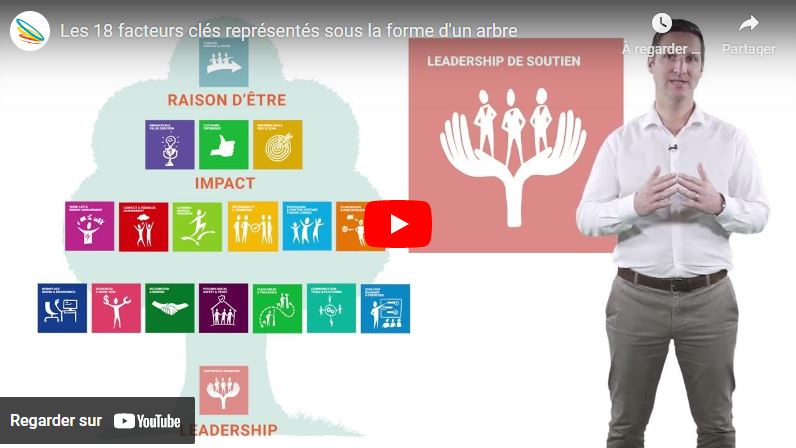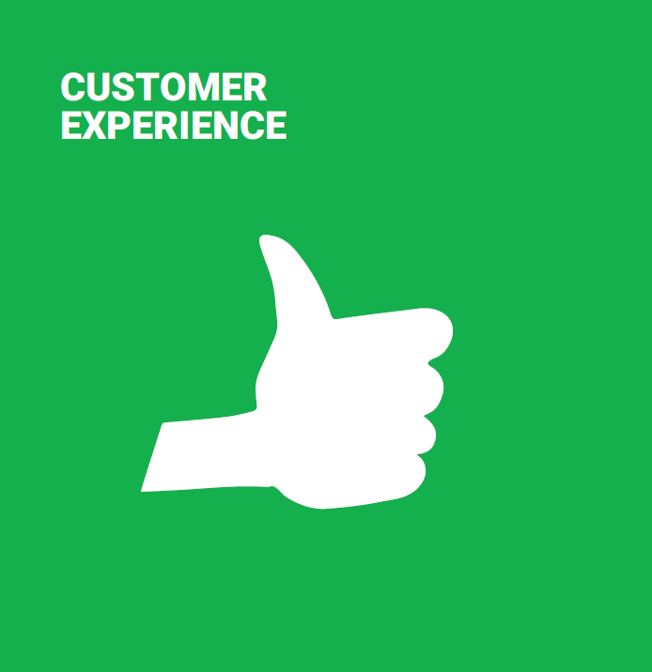

Customer experience is of vital importance to any organization. When a person interacts with a company, for example by browsing its website, studying its products or services, or using online support, it enables them to form an overall opinion. We use the expression "overall experience". These days, more and more organizations are thinking in terms of service levels and customer experience (and not just in the private sector). In fact, they should all be looking at the people who use their products, services and/or solutions. Does your team know its target audience? Can they tell you how to guarantee an optimal customer experience?